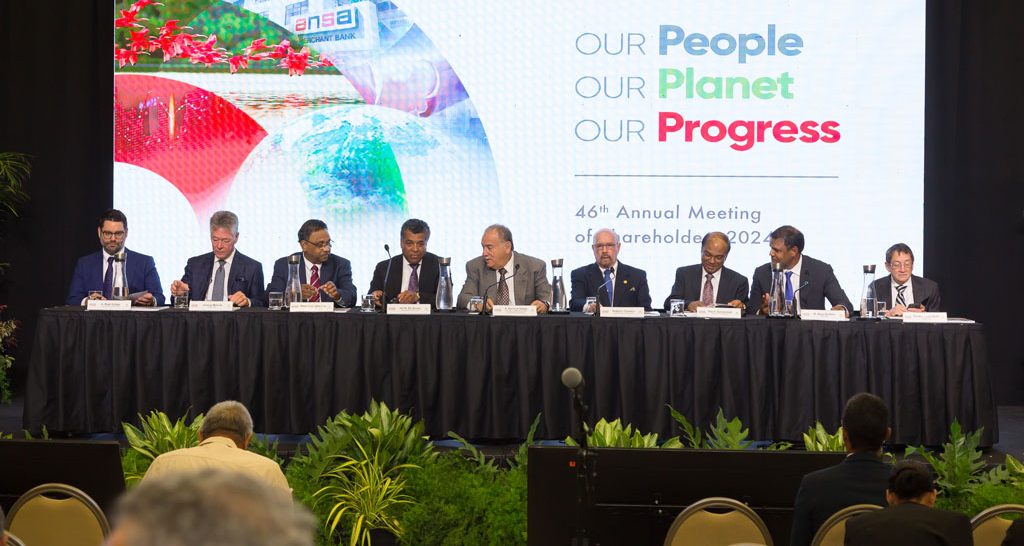


E-News October 2007 Issue
2006 Laureate Contines Work on Chronic Diseases
 Caribbean Laureate Professor Terrence Forrester (BSc, MSc, PhD, DM) has been quietly creating a revolution in the field of medical science at his home base at the University of the West Indies, Jamaica. His major research has been on the causes of hypertension and the risks and impacts of obesity.
Caribbean Laureate Professor Terrence Forrester (BSc, MSc, PhD, DM) has been quietly creating a revolution in the field of medical science at his home base at the University of the West Indies, Jamaica. His major research has been on the causes of hypertension and the risks and impacts of obesity.
In Latin America and the Caribbean up to 27 per cent of the population has hypertension. Obesity is linked to a number of conditions, among them cardiovascular disease and diabetes.
Over the years, the Anthony N Sabga Caribbean Awards for Excellence 2006 Laureate in Science and Technology has successfully merged four research units, the Tropical Metabolism Research Unit, the Sickle Cell Research Unit, the Epidemiology Research Unit at UWI, Mona, and the Chronic Disease Research Unit in Barbados, under one umbrella at UWI, creating the Tropical Medical Research Institute (TMRI).
“One of the things we’re very proud of in TMRI is the extent to which our research has formed the basis for the global approach for the management of malnutrition,” he explained.
The Caribbean Laureate’s award of TT $500,000 (approximately US $80,000) has allowed Professor Forrester to collaborate with scientists from Universities across the world, including The University of Auckland in New Zealand; the University of Singapore; the University of Ibadan in Cardiovascular disease is a leading cause of mortality and illness throughout the region and in some Caribbean territories up to one in ten people of African heritage has diabetes.
The collaborative research of this International Consortium of leading researchers, the Developmental Origins of Health and Disease (DOHAD), has led to the establishment of a pilot project, launched on September 1, 2007. It will capitalise on the infrastructural base at the UWI Mona Campus, Jamaica.
“The [objective of the pilot project] is to understand more clearly why people who have been poor for many generations and under-nourished, why these people have a greater risk of developing high blood pressure and diabetes….” The team will look at “measuring impact and understanding the mechanism” of these diseases, a study with relevance not only in the region, but the world arena.
As he said in an interview after winning the prize, the Caribbean is not known as being prolific in scientists. “For a long time we have not thought of ourselves as primary producers of complex things like knowledge. Early on, my concept of success was very narrow and self-centred. It lay in having the most thorough understanding of the issues I was dealing with, so I could ask the next question and answer it. But now, increasingly, I measure success by the extent to which science is indivisible from ordinary life.
For more… click here for the complete newsletter













